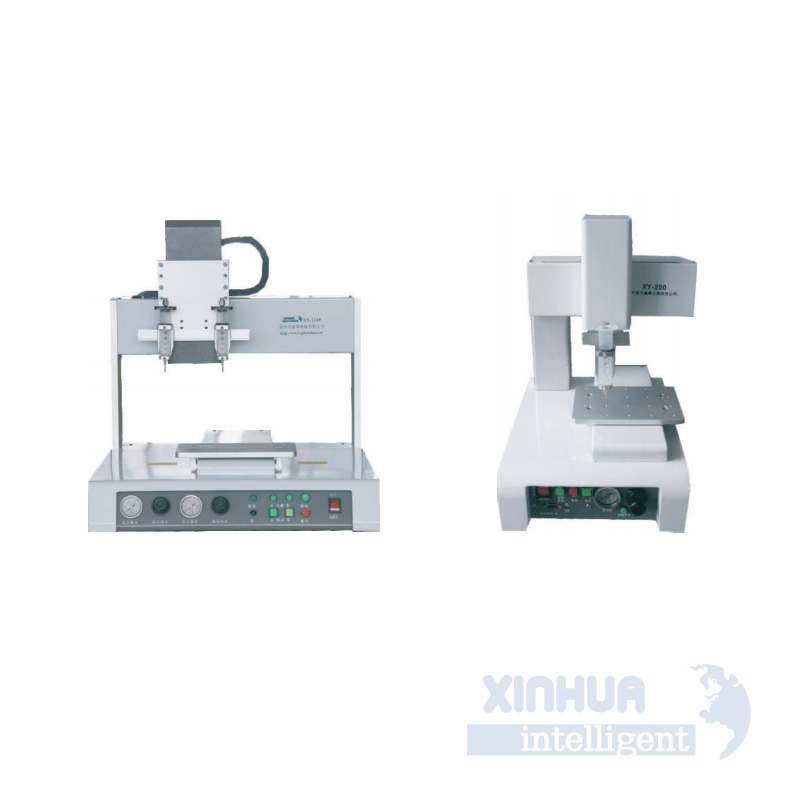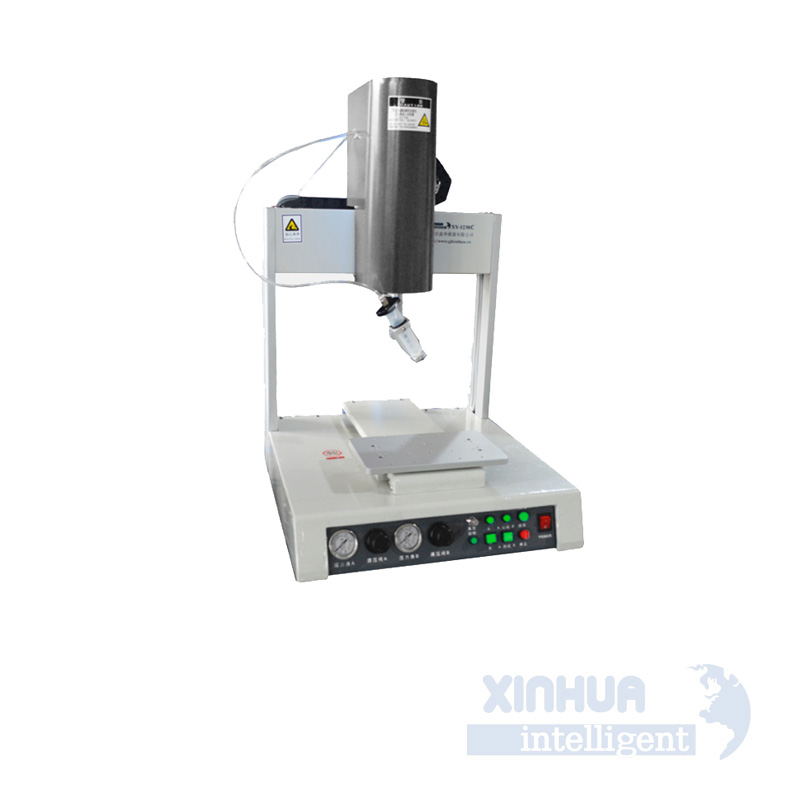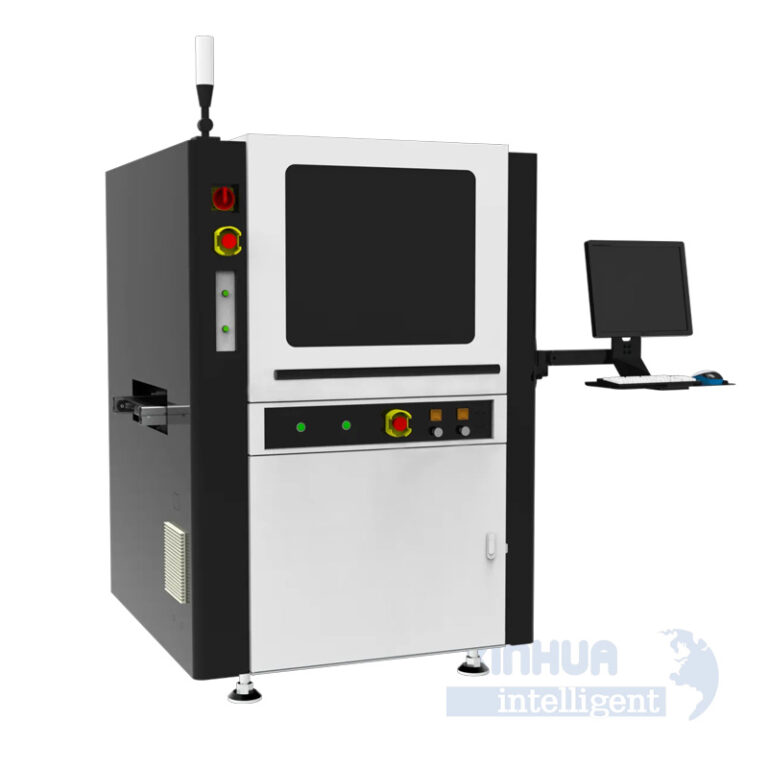
The Role of Epoxy Resin Dispensing Machines in Modern Manufacturing
In today’s high-precision manufacturing landscape, the demand for reliable and efficient material handling systems has never been greater. Among these, epoxy resin dispensing machines have emerged as critical tools across a wide range of industries—from electronics and automotive to aerospace and medical devices. These machines are responsible for accurately metering, mixing, and dispensing two-component epoxy resins, ensuring product integrity, performance, and longevity.
However, despite their importance, many manufacturers still face significant challenges when working with epoxy resin dispensing systems. This article explores the most common pain points, offers practical and technical solutions, highlights real-world applications, and concludes with a call-to-action for professionals seeking advanced dispensing technologies.
—
1. Common Pain Points or Challenges
While epoxy resin dispensing machines offer precision and efficiency, they also come with several operational challenges that can hinder productivity, increase costs, and compromise quality. Below are the most frequently encountered issues:
A. Inconsistent Mixing Ratios
One of the most critical aspects of dispensing epoxy resin is maintaining the correct mix ratio between the resin and hardener components. Any deviation—even by a few percentage points—can result in incomplete curing, reduced mechanical strength, or poor chemical resistance. Inconsistent ratios often stem from inaccurate metering pumps, worn-out components, or improper calibration.
B. Material Waste and Downtime
Improper dispensing techniques or equipment malfunctions can lead to excessive material waste, especially during start-up, shutdown, or changeovers. Additionally, frequent cleaning and maintenance can cause extended downtime, reducing overall equipment effectiveness (OEE).
C. Air Bubbles and Void Formation
Air entrapment during mixing or dispensing can lead to voids in the final cured product, which compromises structural integrity and electrical insulation properties. This issue is particularly problematic in sensitive applications like semiconductor packaging or conformal coating.
D. Viscosity Variability and Temperature Sensitivity
Epoxy resins often exhibit high viscosity, especially at lower temperatures, which can affect flow characteristics and dispensing accuracy. Changes in ambient or material temperature can alter viscosity, leading to inconsistent dispensing volumes and poor process control.
E. Maintenance Complexity and Labor Intensity
Traditional dispensing systems may require frequent manual intervention for cleaning, calibration, and troubleshooting. This not only increases labor costs but also introduces human error into the process.
—

2. Practical and Technical Solutions
To overcome the aforementioned challenges, modern epoxy resin dispensing machines incorporate advanced engineering, automation, and smart technologies. Here are some key solutions that address the pain points effectively:
A. Precision Metering Systems with Closed-Loop Feedback
High-performance dispensing machines now feature servo-driven piston pumps or gear pump systems with closed-loop feedback mechanisms. These ensure highly accurate and repeatable mix ratios, often within ±1% tolerance. Real-time pressure and flow sensors continuously monitor output and adjust parameters on the fly to maintain consistency.
B. Integrated Cleaning and Purging Functions
Modern dispensers come equipped with automatic cleaning cycles and solvent purging systems, significantly reducing manual labor and minimizing material waste. Some systems even use disposable static mixers or self-cleaning dynamic mixers to streamline operations between batches.
C. Vacuum-Assisted Mixing and Degassing
To eliminate air bubbles and voids, many advanced dispensing systems include vacuum chambers or inline degassing units. By removing entrapped air before dispensing, these systems ensure bubble-free output, which is crucial for applications requiring optical clarity or high dielectric strength.
D. Temperature-Controlled Material Handling
To combat viscosity fluctuations, dispensing machines are increasingly equipped with heated hoses, tanks, and dispense heads. These features maintain consistent material temperatures throughout the system, ensuring uniform flow and optimal dispensing performance regardless of environmental conditions.
E. Smart Control Systems with IoT Integration
Leading-edge dispensing machines now feature touchscreen HMIs, programmable recipes, and integration with MES/ERP systems via IoT protocols. Operators can monitor key metrics in real time, receive alerts for anomalies, and remotely adjust settings—all contributing to improved process control and predictive maintenance.
—
3. Real-World Applications
The versatility and reliability of epoxy resin dispensing machines make them indispensable in various high-tech industries. Below are some prominent applications where these systems play a pivotal role:
A. Electronics Manufacturing
In the production of PCBs, LED modules, and semiconductor packages, precise potting and encapsulation are essential to protect components from moisture, vibration, and thermal stress. Automated dispensing ensures uniform coverage and prevents damage to delicate electronic parts.
B. Automotive Industry
From under-the-hood sensors to battery packs in electric vehicles, epoxy resins are used extensively for bonding, sealing, and insulating. Dispensing machines enable fast, repeatable application of adhesives and potting compounds in high-volume production lines.
C. Aerospace and Defense
Aerospace components require materials that can withstand extreme temperatures and mechanical loads. Epoxy dispensing systems provide the accuracy needed for bonding composite structures, encapsulating avionics, and sealing fuel systems.
D. Medical Device Assembly
Medical devices often require biocompatible epoxies for assembling sensors, diagnostic tools, and implantable devices. Automated dispensing ensures sterile, repeatable results while complying with stringent regulatory standards such as ISO 13485.
E. Industrial Equipment and Robotics
Encapsulation of motor windings, transformers, and industrial relays is commonly done using epoxy resins to improve durability and prevent electrical failures. High-speed dispensing systems support continuous operation in factory automation environments.
—

4. Conclusion: Choosing the Right Partner for Advanced Dispensing Technology
As the demand for higher precision, faster throughput, and smarter automation grows, selecting the right epoxy resin dispensing machine becomes more than just a procurement decision—it’s a strategic investment in operational excellence.
At the forefront of this innovation is Xinhua Intelligent, a leader in automated fluid dispensing solutions. With years of experience and a commitment to R&D, Xinhua Intelligent delivers high-performance epoxy resin dispensing machines tailored to meet the evolving needs of modern manufacturing.
Whether you’re looking to upgrade your existing system or implement a new dispensing line, Xinhua Intelligent offers:
– Fully automated dispensing platforms with multi-axis motion control
– Customizable software for recipe management and data analytics
– Turnkey integration services for seamless production line compatibility
– Comprehensive after-sales support and technical training
Don’t let outdated technology hold back your productivity and quality standards. Contact Xinhua Intelligent today to explore how our cutting-edge dispensing solutions can transform your manufacturing process.
👉 [Visit Our Website] | [Request a Demo] | [Contact Sales]
—
Empowering Precision. Driving Innovation.
Xinhua Intelligent – Your Trusted Partner in Fluid Dispensing Automation.

